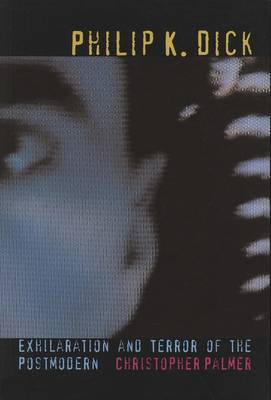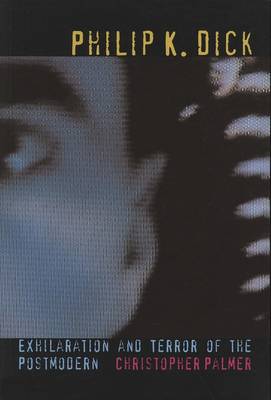
- Afhalen na 1 uur in een winkel met voorraad
- Gratis thuislevering in België vanaf € 30
- Ruim aanbod met 7 miljoen producten
- Afhalen na 1 uur in een winkel met voorraad
- Gratis thuislevering in België vanaf € 30
- Ruim aanbod met 7 miljoen producten
Zoeken
Omschrijving
Once the sole possession of fans and buffs, the SF author Philip K Dick is now finding a much wider audience, as the success of the films Blade Runner and Minority Report shows. The kind of world he predicted in his funny and frightening novels and stories is coming closer to most of us: shifting realities, unstable relations, uncertain moralities. Philip K Dick: Exhilaration and Terror of the Postmodern examines a wide range of Dick's work, including his short stories and posthumously published realist novels. Christopher Palmer analyses the puzzling and dazzling effects of Dick's fiction, and argues that at its heart is a clash between exhilarating possibilities of transformation, and a frightening lack of ethical certainties. Dick's work is seen as the inscription of his own historical predicament, the clash between humanism and postmodernism being played out in the complex forms of the fiction. The problem is never resolved, but Dick's ways of imagining it become steadily more ingenious and challenging.
Specificaties
Betrokkenen
- Auteur(s):
- Uitgeverij:
Inhoud
- Aantal bladzijden:
- 272
- Taal:
- Engels
- Reeks:
- Reeksnummer:
- nr. 27
Eigenschappen
- Productcode (EAN):
- 9780853236283
- Verschijningsdatum:
- 1/03/2003
- Uitvoering:
- Paperback
- Formaat:
- Trade paperback (VS)
- Afmetingen:
- 161 mm x 231 mm
- Gewicht:
- 417 g

Alleen bij Standaard Boekhandel
+ 55 punten op je klantenkaart van Standaard Boekhandel
Beoordelingen
We publiceren alleen reviews die voldoen aan de voorwaarden voor reviews. Bekijk onze voorwaarden voor reviews.











